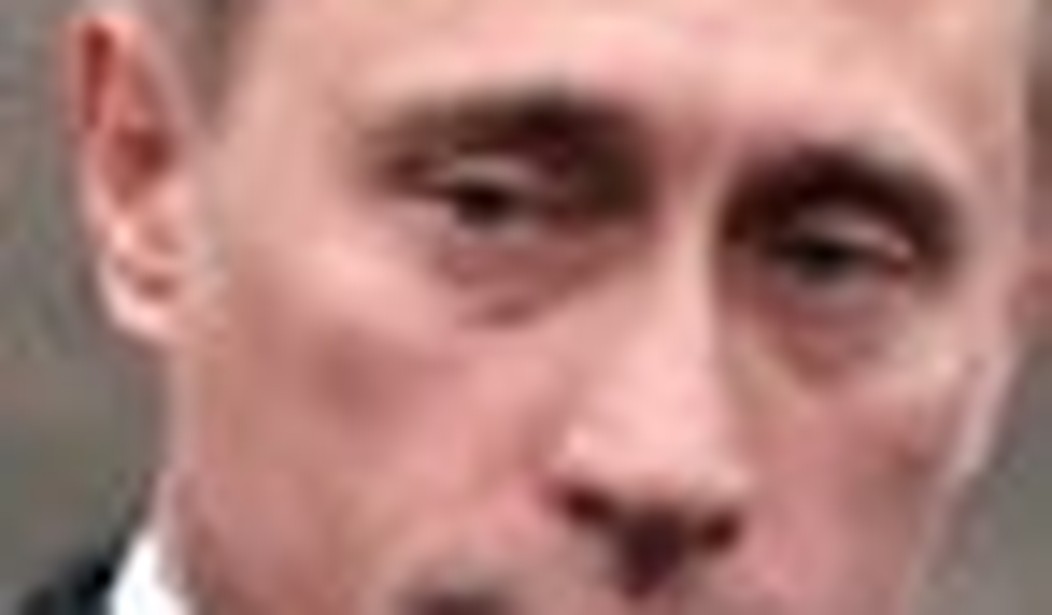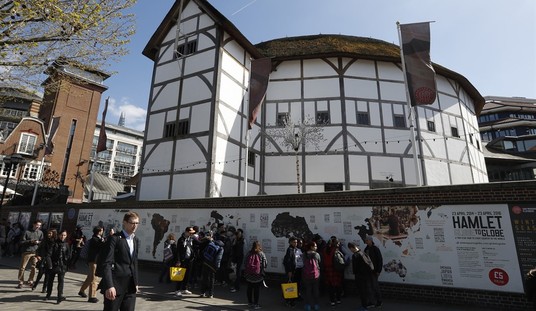(Update: Shortly before this article published, Vladimir Putin held his annual Q&A with Russian reporters. When asked about last week’s IED attack on the train, and the Islamic terrorists who have now claimed responsibility, Putin promised to “break the spine” of terrorism. When asked if he was planning on leaving office anytime soon, Putin responded, “Don’t hold your breath.”)
It has been years since terrorists were able to strike Russia anywhere outside the Muslim North Caucasus region, where terrorists train and suicide bombings are commonplace. That changed on November 27, when an IED attack on the Nevsky Express, a luxury Moscow-to-St. Petersburg commuter train, left 30 people dead and about 100 more injured. The explosion happened 250 miles northwest of Moscow on a train popular with business executives, government officials, and tourists. At least two high-ranking Russian officials were among the dead.
Now that Moscow is again in the terrorists’ crosshairs, the question on everyone’s mind is: how will the Russian government respond?
“Everyone’s nerves are at the limit,” President Dmitry Medvedev announced on state TV. So what will Putin do?
This same train had been targeted by terrorists two years ago, in August 2007. In that instance, no one was killed. Sixty people were injured, six seriously, in a very close call. The IED in that attack exploded adjacent to a 60-foot bridge, and the train just barely cleared the bridge before it derailed. This time, the terrorists planted two bombs. According to Russian Railways chief Vladimir Yakunin, officers found pieces of a second device, partially exploded, during rescue operations.
The North Caucasus has long been a safe haven for terrorists. Most notably, in the late 1990s, the region produced master terrorist Shamil Basayev, al-Qaeda’s Russian proxy and the man responsible for killing hundreds of Russian civilians before he was assassinated by the Russian Federal Security Service in 2006. Shamil Basayev was behind the Moscow theater siege in 2002, the three-day school siege at Beslan in 2005, and a hospital siege in 1995. In those three attacks alone, nearly 2,000 people were taken hostage by terrorists acting on Basayev’s orders. In total, more than 540 people died, including 184 schoolchildren in Beslan. For years, the Kremlin couldn’t stop his attacks.
Equally problematic was the fact that Basayev openly trained suicide bombers in camps in Chechnya. Many of those trained were women whose husbands had died fighting the jihad. Beginning in 2002, Basayev dispatched an army of female suicide bombers to explode themselves in public places in and around Moscow — in subway stations, restaurants, and marketplaces, creating widespread panic and death. Dressed in head-to-toe Muslim garb, the women became known as “black widows.” Hundreds of civilians died in these suicide attacks. In 2004, two female suicide bombers believe to have been trained by Basayev boarded two separate commercial airplanes at the Moscow airport and detonated themselves mid-flight, killing all 89 on board. Less than a month later, the Beslan school siege happened. Former President Putin cracked down.
“There was a political mood of real toughness and need and almost hysteria to clamp down and create secure conditions,” wrote Fred Weir, the Christian Science Monitor’s correspondent in Moscow. When Basayev was assasinated, Putin called his death “deserved retribution” for attacks. Since then, Russian security forces have reverted to controlling dissent using tactics that echo those used by the old KGB. Journalists who disagree with the Kremlin have been dying at a mysteriously alarming rate. In Russia, writes Weir, “Putin’s democracy is looking more like a façade.” Now, the heavy-handed Russian security forces must contend with a cracked façade — certainly as far as counterterrorism is concerned.
Since the death of Basayev, terrorism had largely been confined to the Muslim Caucasus region where terror prevails. In August, a suicide bomber at an Ingushetia police station killed 25 people and injured 164. The Kremlin claims it is working to regain control of the terrorist stronghold, but at least one foreign reporter writing from inside the region says the result is nothing more than a zero-sum game: “Day after day, insurgents attack police and government officials with ambushes and bombings. And day after day, security forces unleash what human rights activists describe as a campaign of killings, abductions, and torture in their efforts to force calm upon the land,” says Megan K. Stack of the Los Angeles Times.
Confined to the terrorists’ backyard, the world doesn’t pay much attention to who is killing whom. But last Friday’s attack has made international headline news. The Kremlin hates to look weak.
What will Putin do?









Join the conversation as a VIP Member